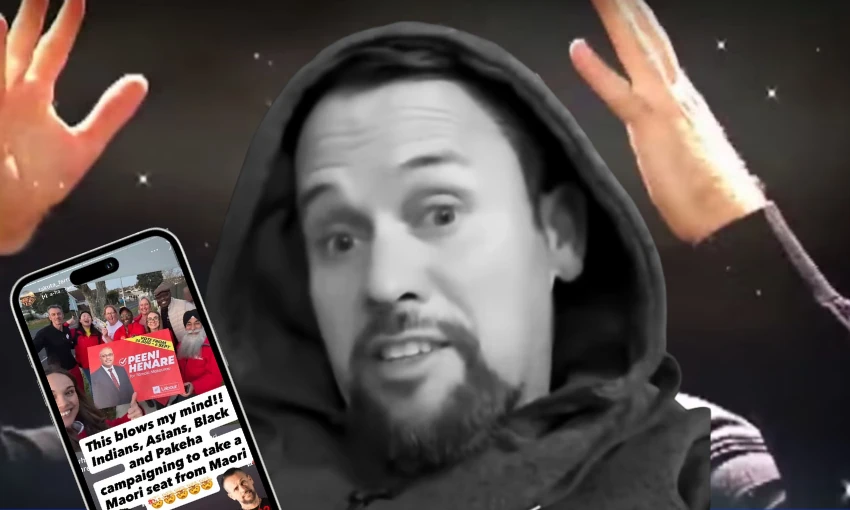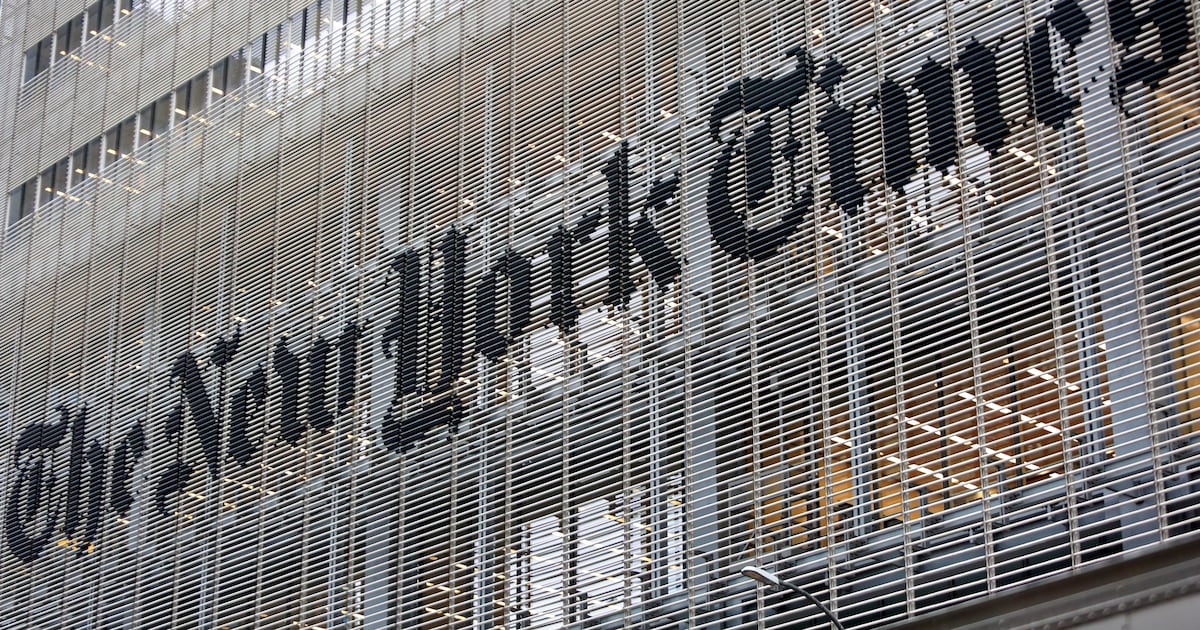By Ben Walker
Copyright thespinoff

A questionable social media post, a quick apology, and a video doubling down – why Tākuta Ferris risks alienating Māori through his criticism of Peeni Henare’s multi-ethnic volunteers.
Tākuta Ferris posted a commentary on Instagram during the recent Tāmaki Makaurau byelection, which drew widespread condemnation. Overlaying an image of Labour MPs and volunteers of various ethnicities, he wrote: “This blows my mind!! Indians, Asians, Black and Pākehā campaigning to take a Māori seat from Māori.” The post was widely labelled racist, prompting an apology from Te Pāti Māori, its removal, and warnings from Labour leadership that such attitudes may imperil future cooperation.
Beyond these broad admonitions, as a Māori voter, academic and father of multiracial tamariki, I felt compelled to highlight two highly problematic assumptions underpinning his comments. Calling these out is important to ensure all Māori feel welcome in our communities, and that kaupapa Māori continue to thrive into the future.
First, Tākuta’s initial commentary rests on the idea that you can confidently judge someone’s Māori identity, or the extent of their connection to te ao Māori, based solely on appearance. I don’t know the people in that photo, and I’m assuming he doesn’t either. Yet implicitly, he categorised all of them (at a mere glance) as non-Māori, specifically by drawing attention to their other visible ethnicities. His assumption here is that because these people hold those ethnic identities, they can’t also be Māori, or else have close whānau or community ties to te ao Māori.
In modern Aotearoa, these kinds of assumptions are simply false. Our whakapapa and whānau are increasingly diverse. My own wife is Chinese, which means our daughters are Māori, Pākehā and Chinese. I know I don’t “look Māori” in the way Tākuta seems to expect Māori to. In fact, had it been me and my whānau in that photo, I imagine Tākuta would have offered much the same commentary – and in doing so, denied the whakapapa of me and my children, and the allyship of my wife. The painful irony is that in his follow-up video he invoked colonialism to defend his comments. But it is strikingly colonial to draw conclusions about someone’s Māoritanga – or the extent of their connection or commitment to te ao Māori – based solely on their appearance.
Second, Tākuta’s commentary implies that kaupapa Māori can only be advocated for and driven by Māori. This is not borne out by history. There are countless instances of Pākehā and tauiwi making important contributions to important Māori causes. I am reminded, for example, of the late Anaru Robb, who was both Pākehā and an unwavering advocate for all things Māori his entire life, or Ganesh Ahirao – an economist of Indian whakapapa – who recently came to one of my classes and spoke inspiringly to students about the promise of Māori approaches to business.
To insist that progressing kaupapa Māori is only a duty for Māori not only overlooks these kinds of contributions from Pākehā and tauiwi, it also undermines the practical realities of sustaining these kinds of efforts today. A major risk of Tākuta’s line of thinking is that it reserves the hard graft involved in indigenisation for Māori alone. In work contexts, for example, countless studies globally (see here for an Aotearoa-specific example) show that indigenous employees are expected to shoulder immense amounts of “cultural labour”, which can lead to things like burnout, turnover and difficult feelings about one’s indigenous identity.
If anything, and despite Tākuta’s claim in his latest video of an outpouring of support for his view, I imagine that most Māori would be downright relieved to see more of our non-Māori colleagues and friends stepping up and helping drive kaupapa Māori in our workplaces and communities. Allies not only help spread the load, they also normalise the idea that everyone can do their bit to progress kaupapa Māori.
I fully acknowledge that the specific issue of choosing who represents us as Māori is a unique and important one. But ultimately, that decision is made not by people holding signs and knocking on doors, but by those who vote. And in the case of the byelection, that means us, as Māori.
Since making his initial comments, Tākuta has tried to justify them by invoking a broader concern, specifically the special indigenous status of Māori being eroded when we are treated as equivalent to non-indigenous minorities. In and of itself, this concern is a valid one that has always been on the radar of te iwi Māori. But I don’t see how that has any relevance to what was depicted in that photo he took issue with. And Tākuta, ki tēnei kaikōrero o te reo Māori, he hē tonu ō kupu, ahakoa whakahua i te reo Pākehā, i te reo rangatira rānei (to this speaker of te reo Māori, your words still sound wrong whether they’re expressed in English or te reo).
If there is anything “mindblowing” about that photo, it’s the reminder that kaupapa Māori inspires commitment across diverse communities. Rather than narrowing who counts or can contribute, I encourage Tākuta to recognise that diversity in both identities and supporters is no threat to Māori livelihoods and aspirations.



